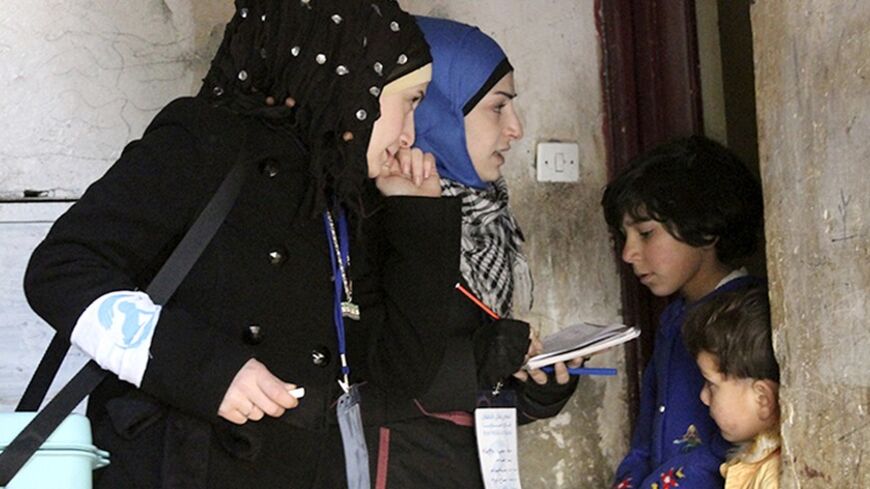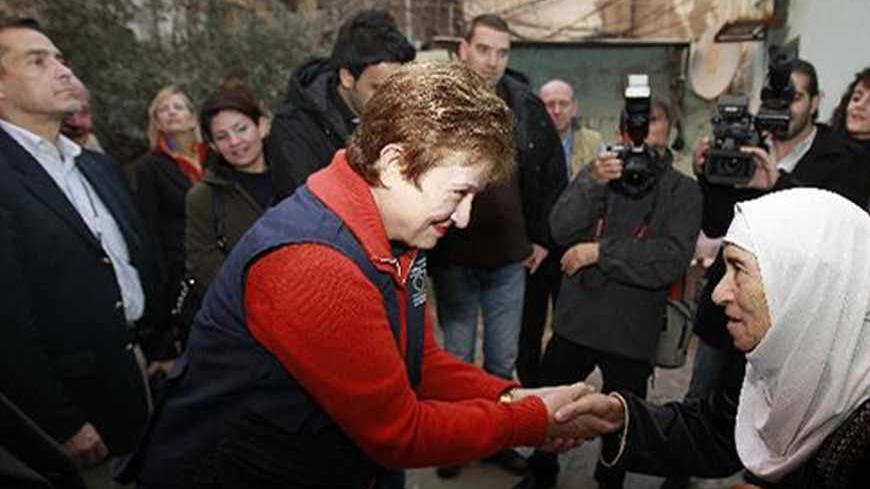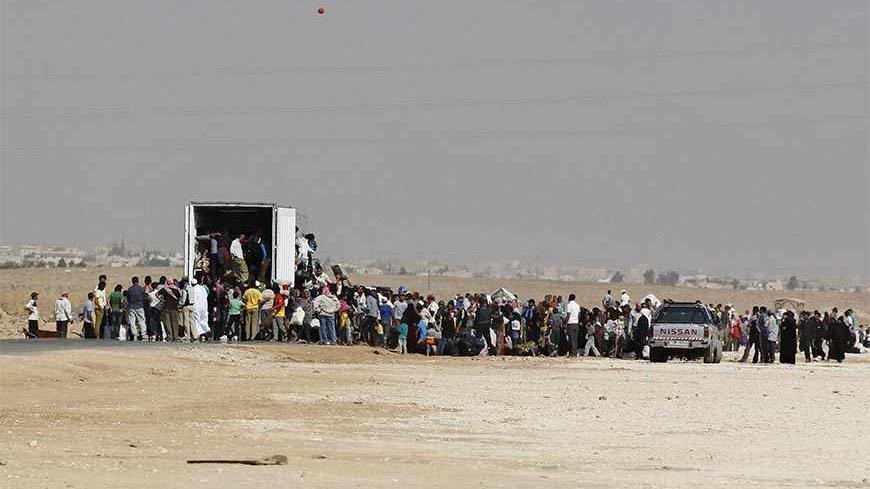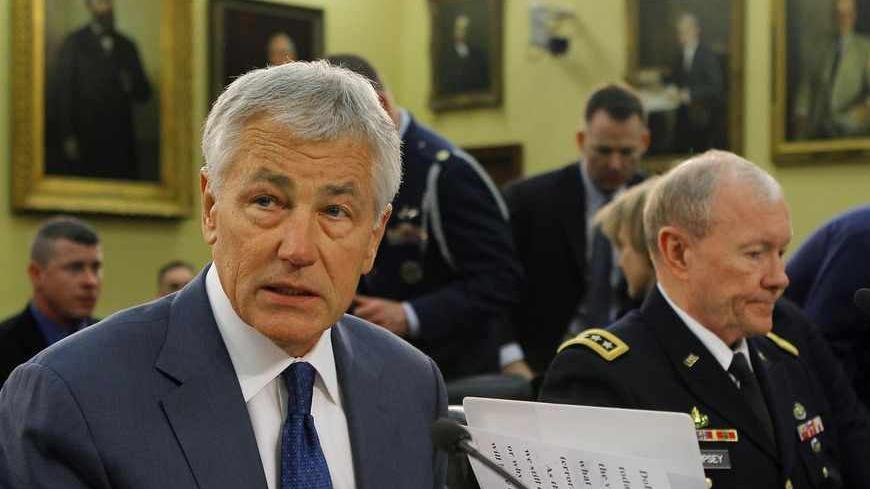Collapsed health care system may be biggest threat to Syrians
The European Union’s senior humanitarian official tells Al-Monitor that normally preventable diseases are killing twice as many Syrians as fighting.

WASHINGTON — More Syrians have died from lack of adequate medical care than from actual combat as the war grinds on into its fourth year, according to Kristalina Georgieva, the European Union’s commissioner for international cooperation, humanitarian aid and crisis response.
In an interview with Al-Monitor on April 11 in Washington, where she attended a coordination meeting at the US Agency for International Development (USAID) with other groups struggling to keep up with the spreading humanitarian consequences of the Syrian crisis, Georgieva said that “over 200,000 people have died because treatment is not available anymore in the collapsed health system of Syria.”








